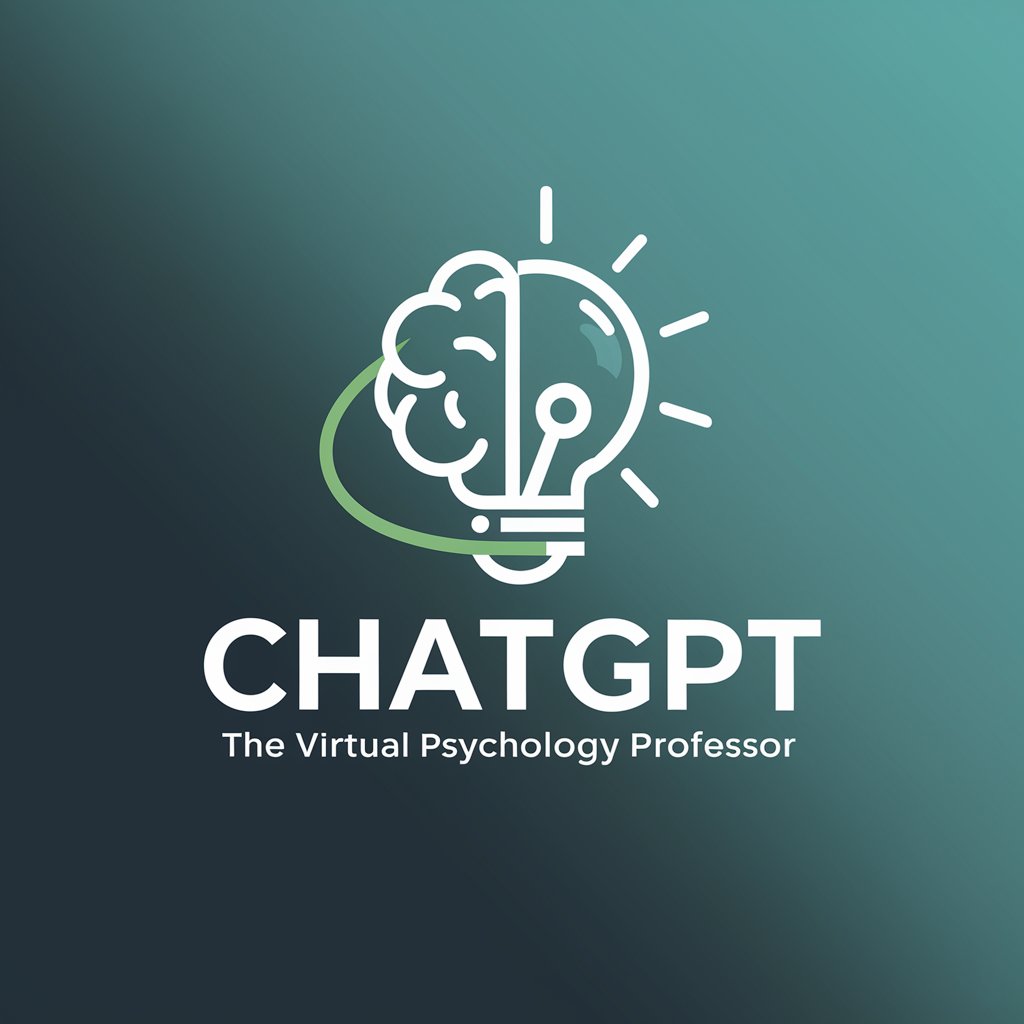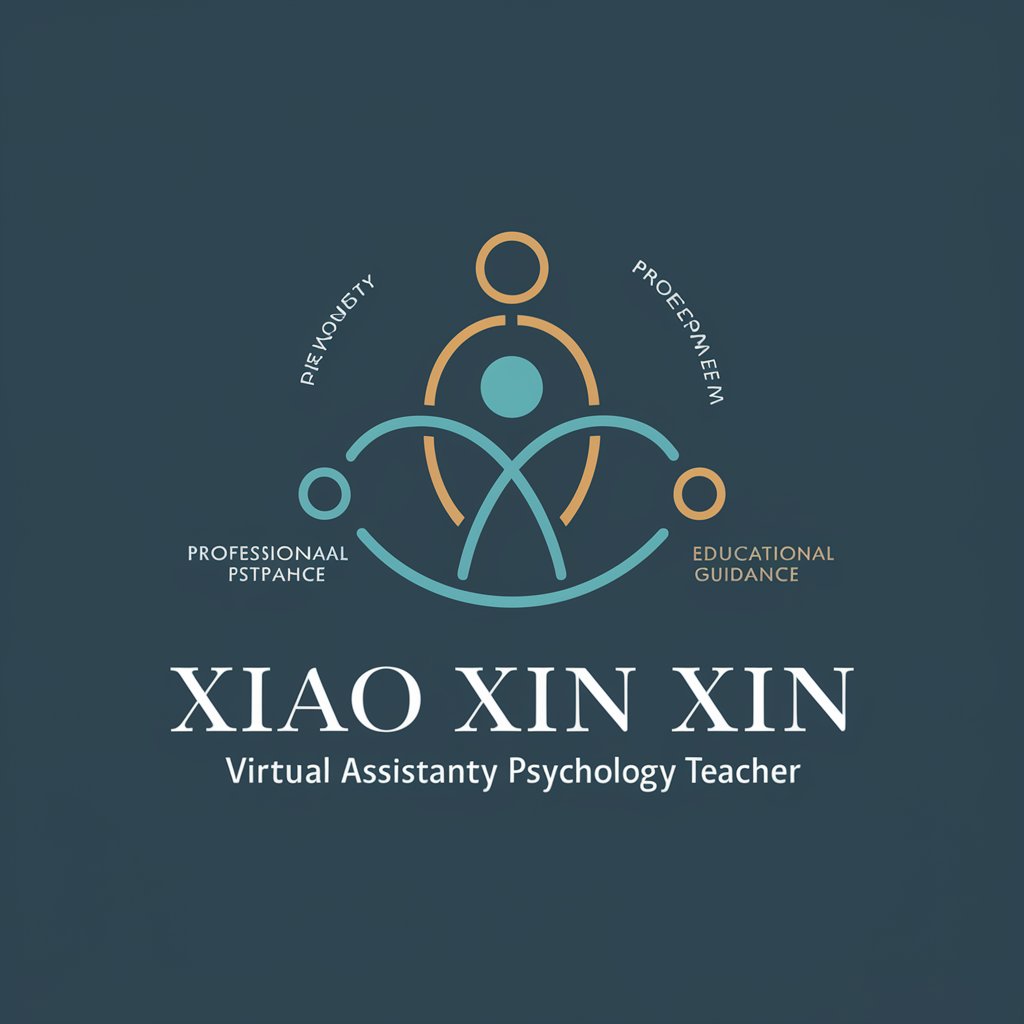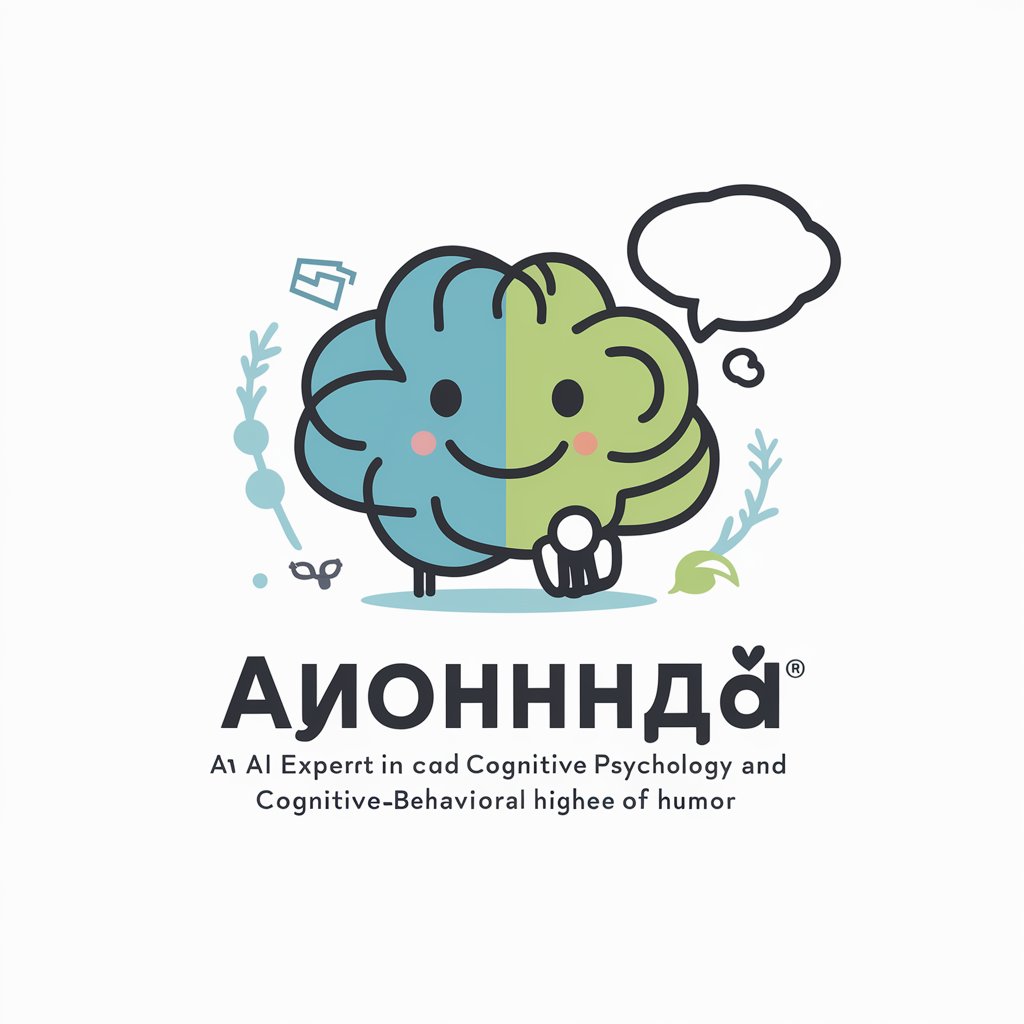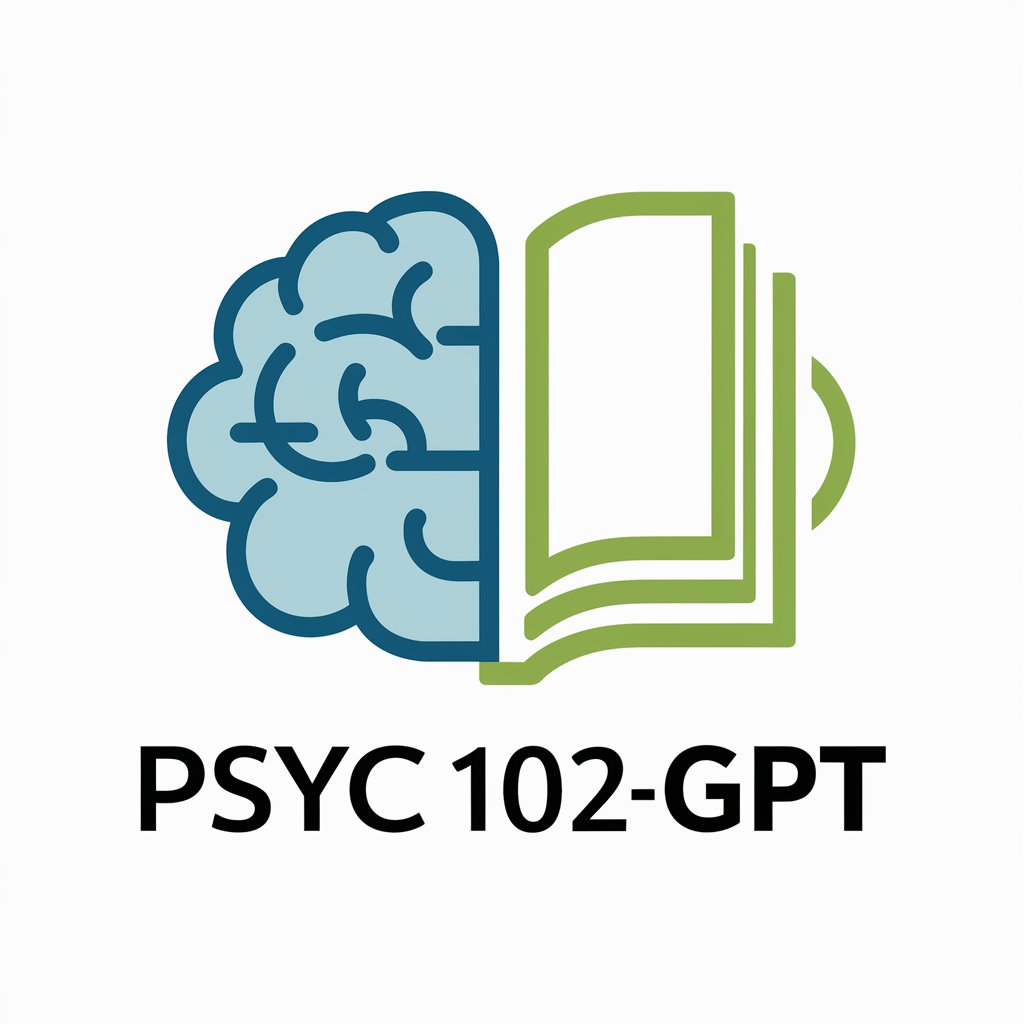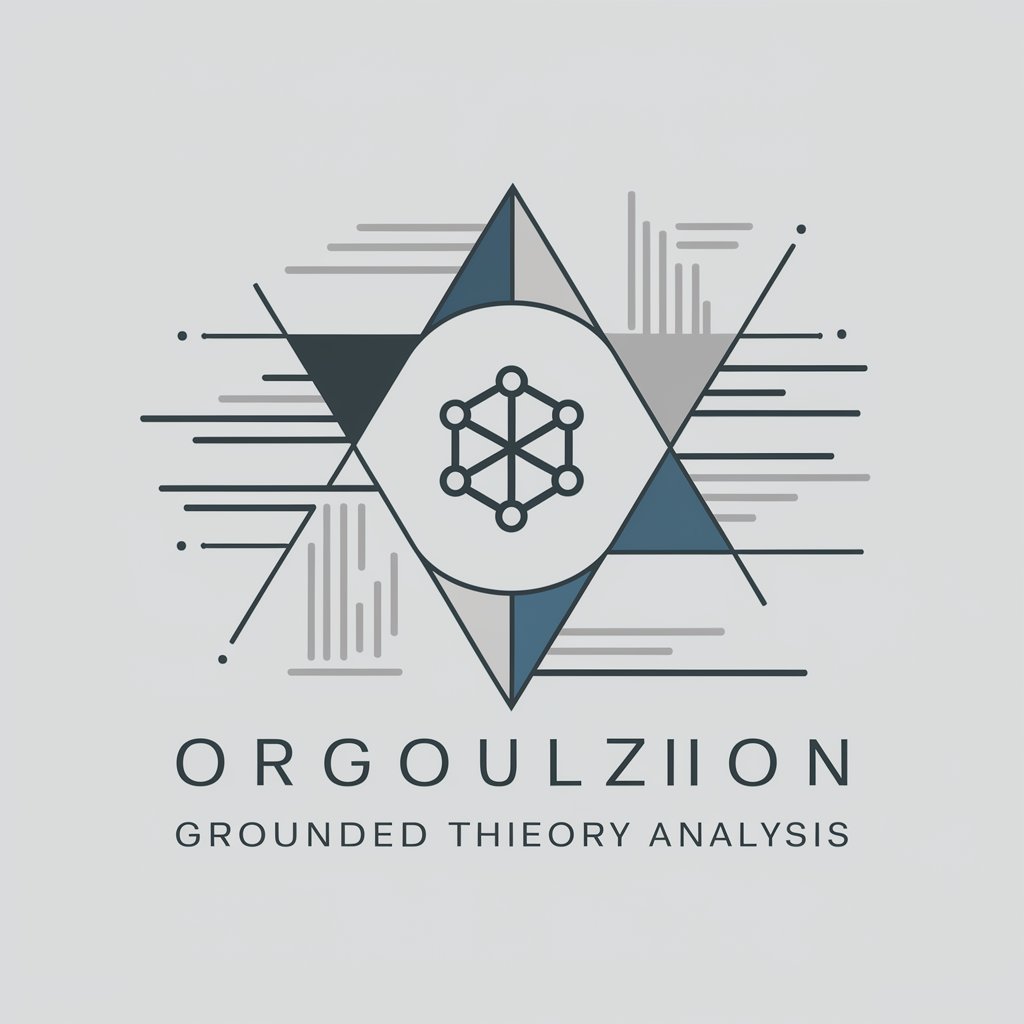
심리학 관련 이론 - Psychology Theory Tool
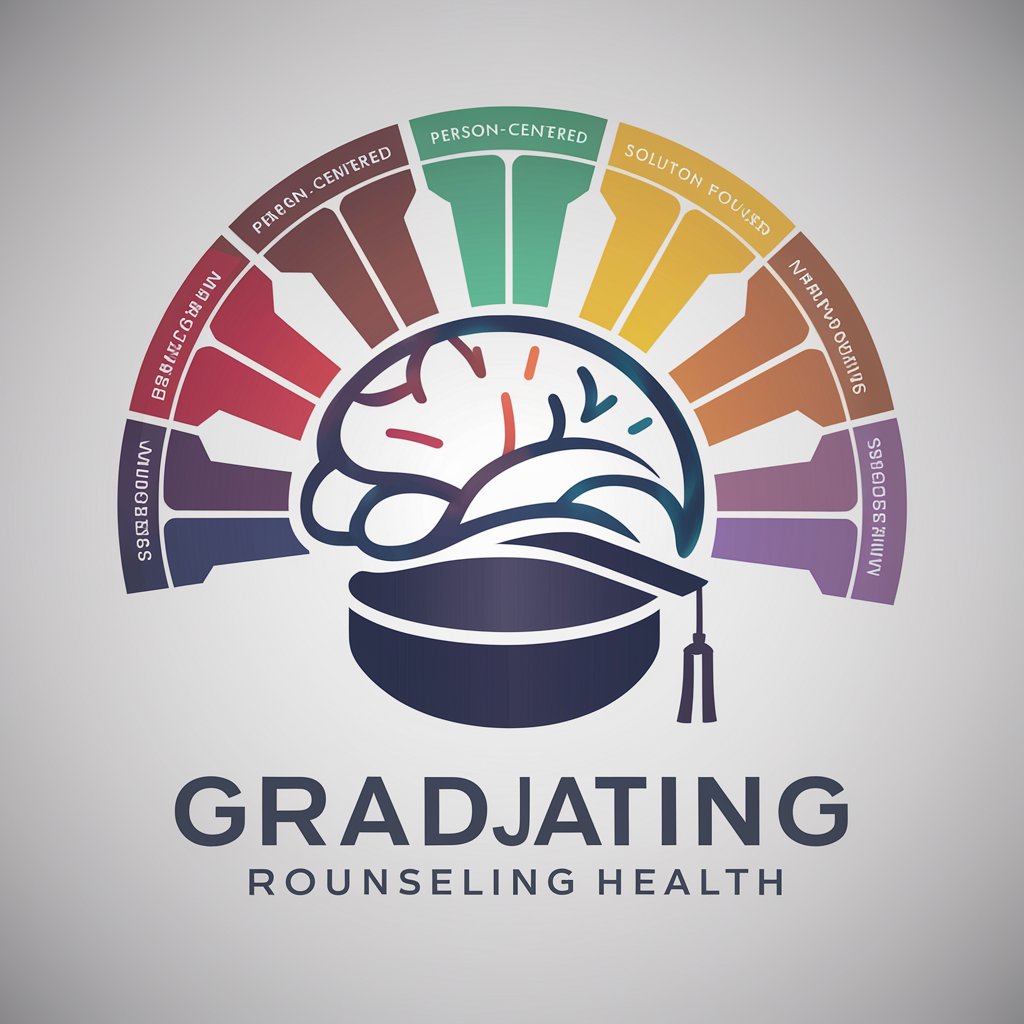
Welcome! Let's explore and understand counseling theories together.
Empowering Insights with AI-Powered Psychology
Explain the core principles of cognitive-behavioral therapy and how they can be applied in a counseling session.
Compare and contrast person-centered therapy and solution-focused brief therapy in terms of their approaches and techniques.
Discuss the role of narrative therapy in helping clients reframe their personal stories and experiences.
How can Gestalt therapy techniques be integrated into a psychodynamic approach to counseling?
Get Embed Code
Understanding 심리학 관련 이론: Purpose and Design
심리학 관련 이론 is an AI developed to assist graduate students in comprehending, comparing, and integrating various counseling theories into their coursework and practical scenarios. It encompasses a wide range of counseling theories including, but not limited to, adolescent and adult counseling, crisis intervention, behaviorism, cognitive theory, person-centered theory, solution-focused theory, narrative therapy, Gestalt therapy, and psychodynamic approaches. Designed to clarify complex concepts and provide guidelines for applying these theories in real counseling environments, it serves as an educational tool. For example, it can help a student understand how cognitive behavioral therapy (CBT) principles can be applied to modify a client's thought patterns and behaviors, thus illustrating the practical application of theoretical knowledge. Powered by ChatGPT-4o。

Core Functions of 심리학 관련 이론
Theoretical Explanation and Comparison
Example
Explains the principles of Gestalt therapy and compares it with psychodynamic therapy, highlighting differences in focus, techniques, and goals.
Scenario
A student is preparing a paper on the comparative effectiveness of different therapeutic approaches for treating anxiety disorders.
Integration into Coursework and Practice
Example
Guides on integrating person-centered therapy principles into a counseling practice course project, emphasizing empathy, unconditional positive regard, and congruence.
Scenario
A student devises a counseling program for a university mental health center, applying Rogers' core conditions.
Application Guidance in Real-world Situations
Example
Provides step-by-step guidance on applying solution-focused brief therapy (SFBT) techniques to a case study involving a client with career-related stress.
Scenario
A student is developing a proposal for a brief counseling intervention for high school students facing academic pressure.
Who Benefits from 심리학 관련 이론?
Graduate Students in Counseling and Psychology
Students seeking deep understanding and practical application of counseling theories in their academic and future professional practice. They benefit from structured guidance on complex theories and real-world application examples.
Early Career Counselors
New practitioners in the field of counseling looking for a refresher or deeper insight into various therapeutic approaches. They can use it to enhance their counseling techniques and adapt their approach to meet the needs of diverse clients.
Academic Instructors
Educators in counseling psychology programs can utilize it as a teaching aid to provide students with a comprehensive understanding of counseling theories and their practical applications in therapy.

How to Use Psychology-Related Theories Tool
1
Start by visiting yeschat.ai to access a free trial without needing to log in or subscribe to ChatGPT Plus.
2
Select the specific counseling theory or psychological approach you're interested in, such as behaviorism, cognitive, humanistic, solution-focused, or psychodynamic theories.
3
Utilize the tool to explore in-depth articles, case studies, and video resources tailored to your chosen theory to enhance your understanding and application skills.
4
Apply the concepts learned by engaging in interactive simulations or exercises provided by the tool, which can help you practice counseling techniques in a variety of scenarios.
5
For an optimal experience, regularly consult the tool's continuously updated database for the latest research, trends, and discussions in the field of psychology and counseling.
Try other advanced and practical GPTs
Maple Path
Empowering Your Canadian Journey with AI

Académie de Chiropraxie
Empowering chiropractic education with AI.
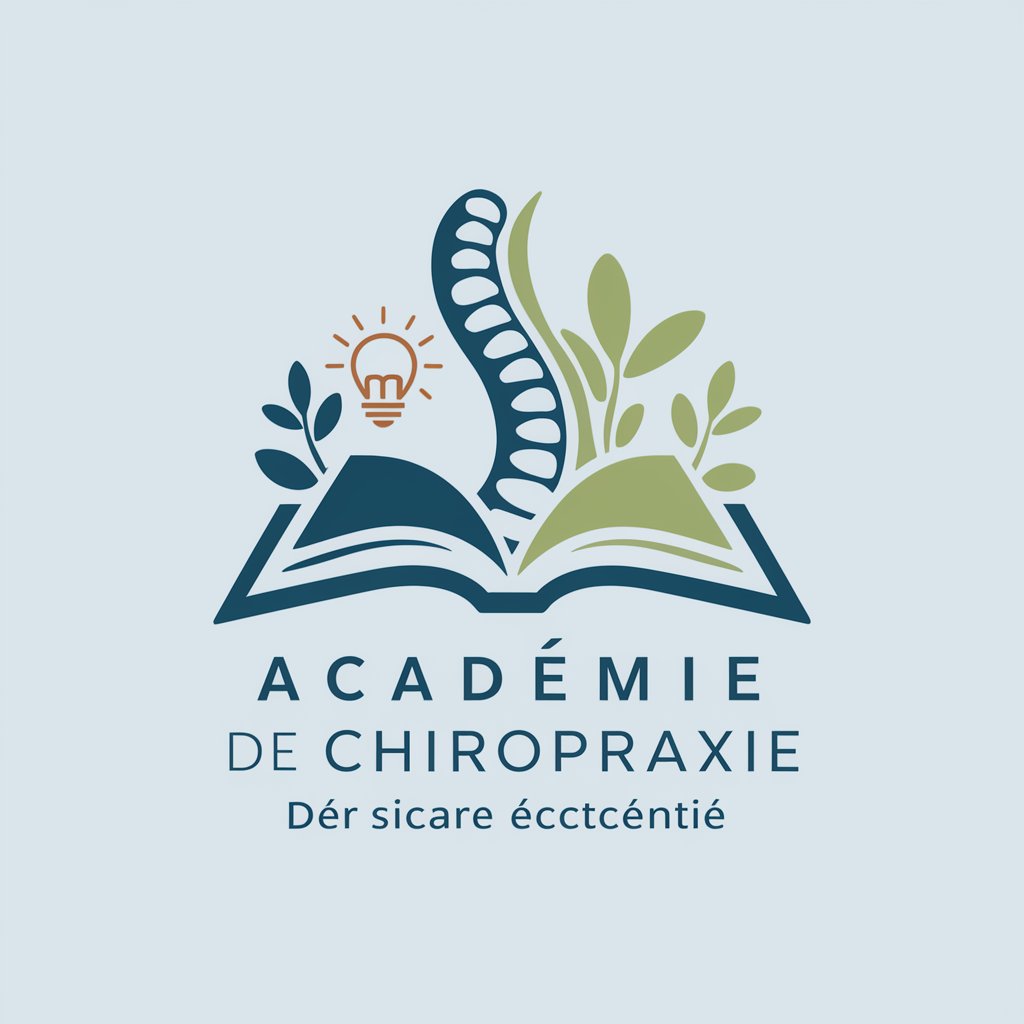
Good Morning
Energize your mornings with AI-driven positivity and news.

Arlin's Group
Elevate Your Game with AI-Powered Insights
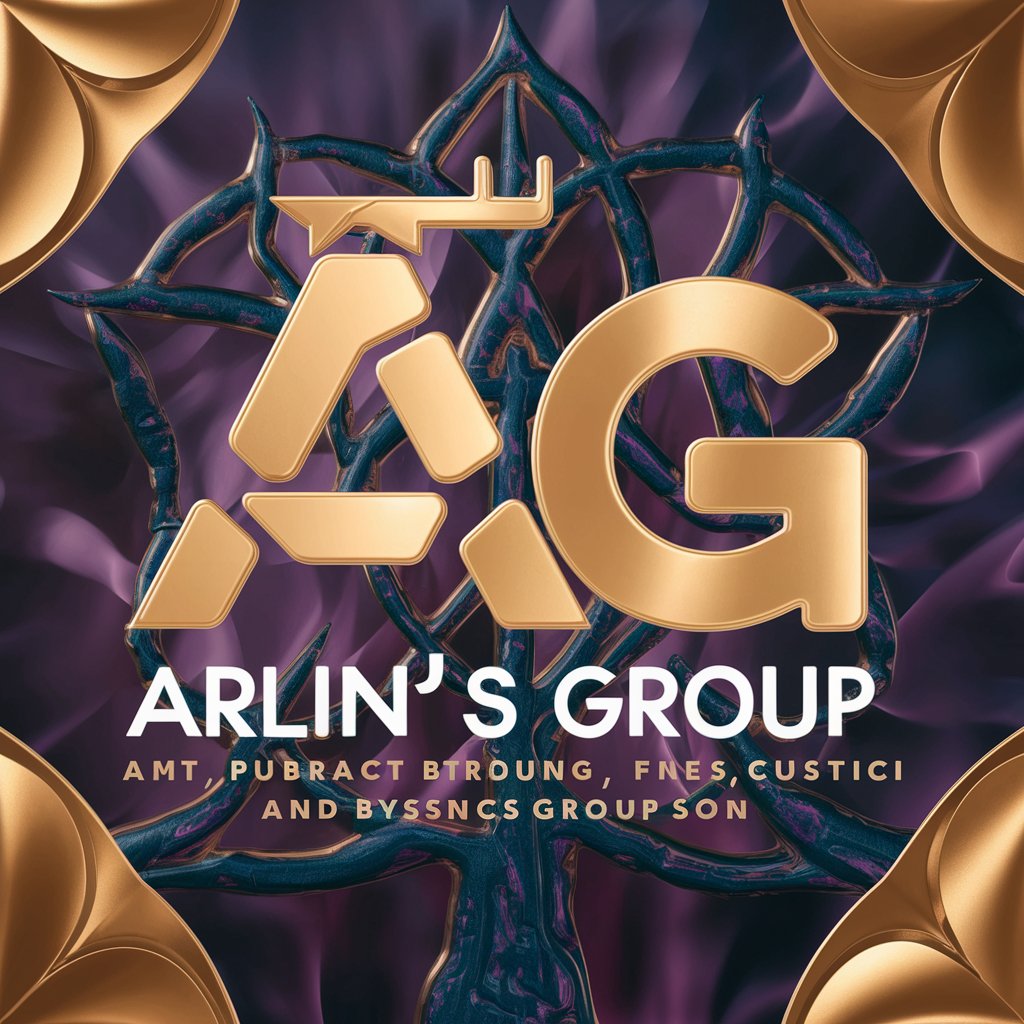
"Dokotala Wabanja"
Empowering Your Health Decisions with AI
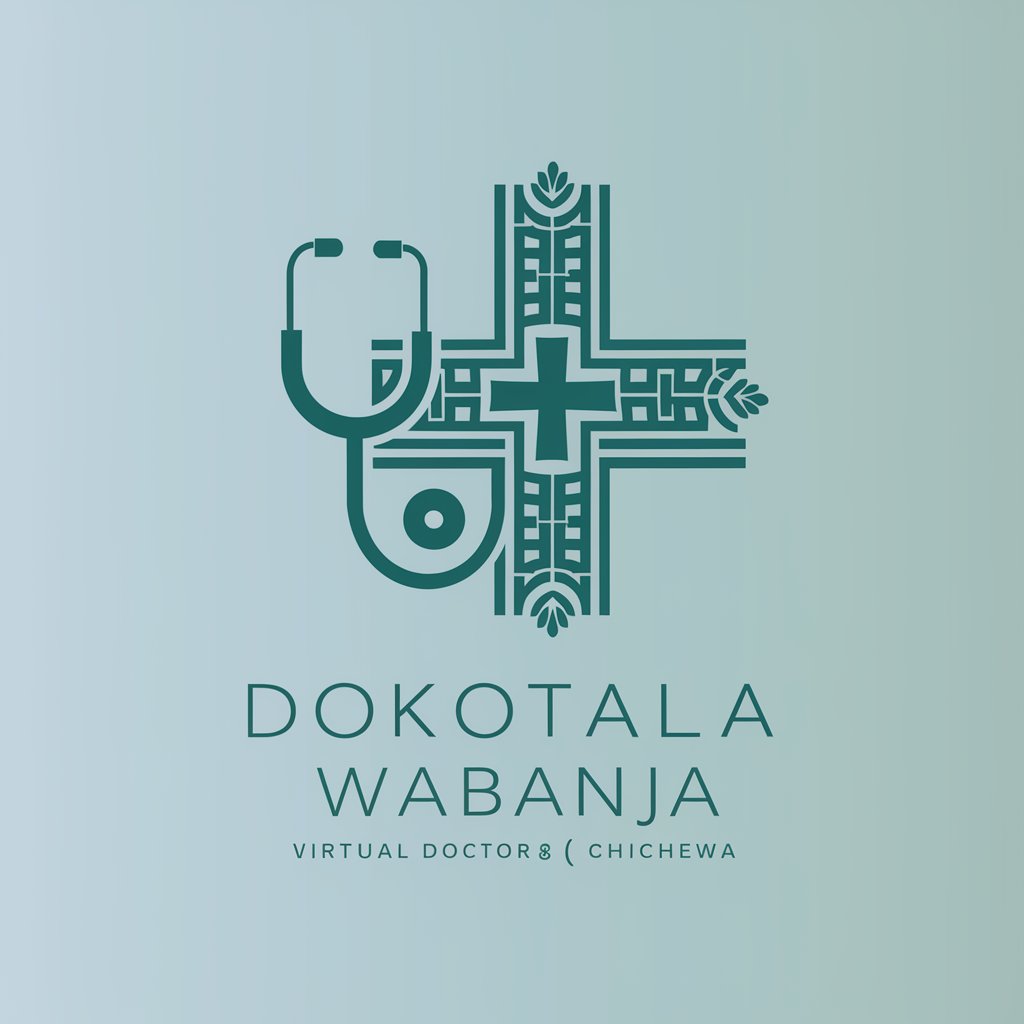
仏教
Empowering Your Spiritual Journey with AI

ESL العراق SpeakWise 2.1 - Practise English!
Master English with AI, Tailored for Iraq
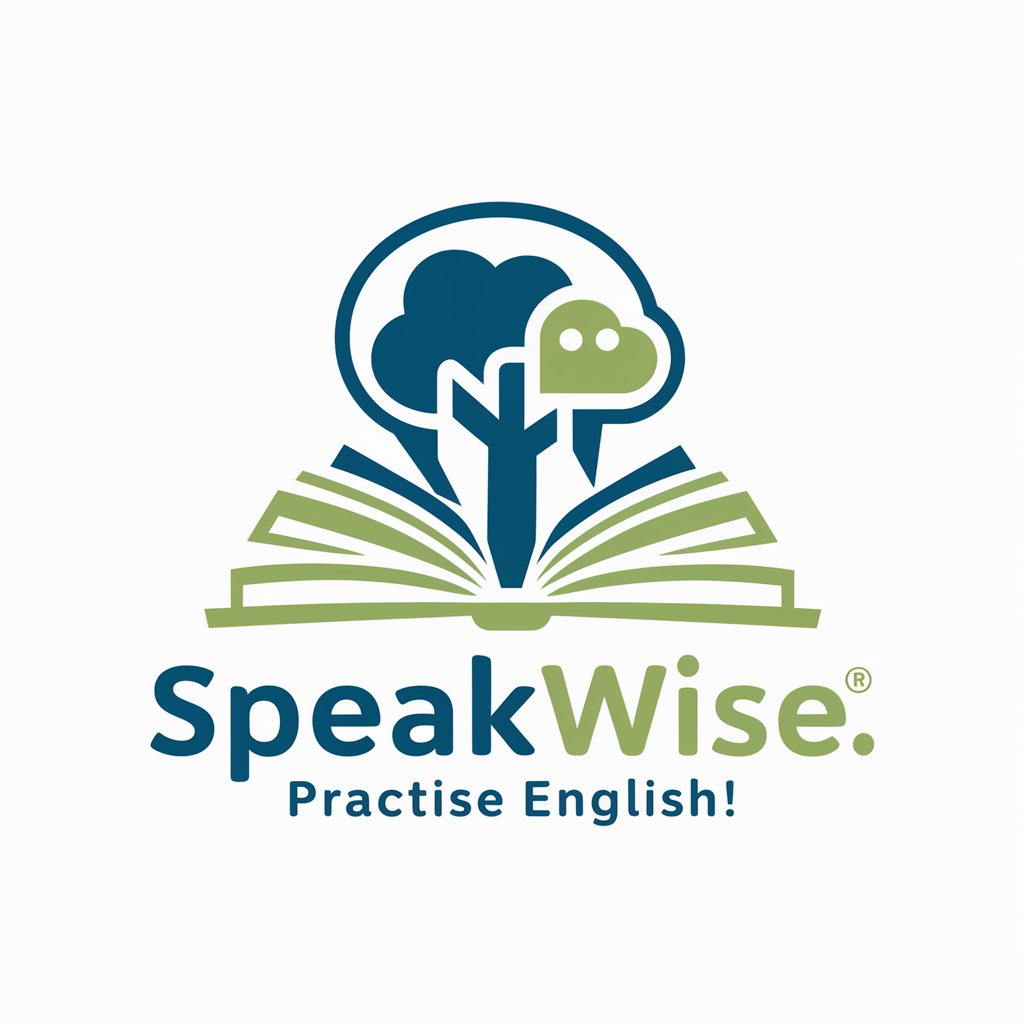
IntelliDoctor - Signs and Symptoms
Enhancing Patient Care with AI Precision

Esperto Agevolazioni e Prefattibilità
Navigating Grants with AI

Content Analyzer for Seeking Healthy
Empower Wellness with AI
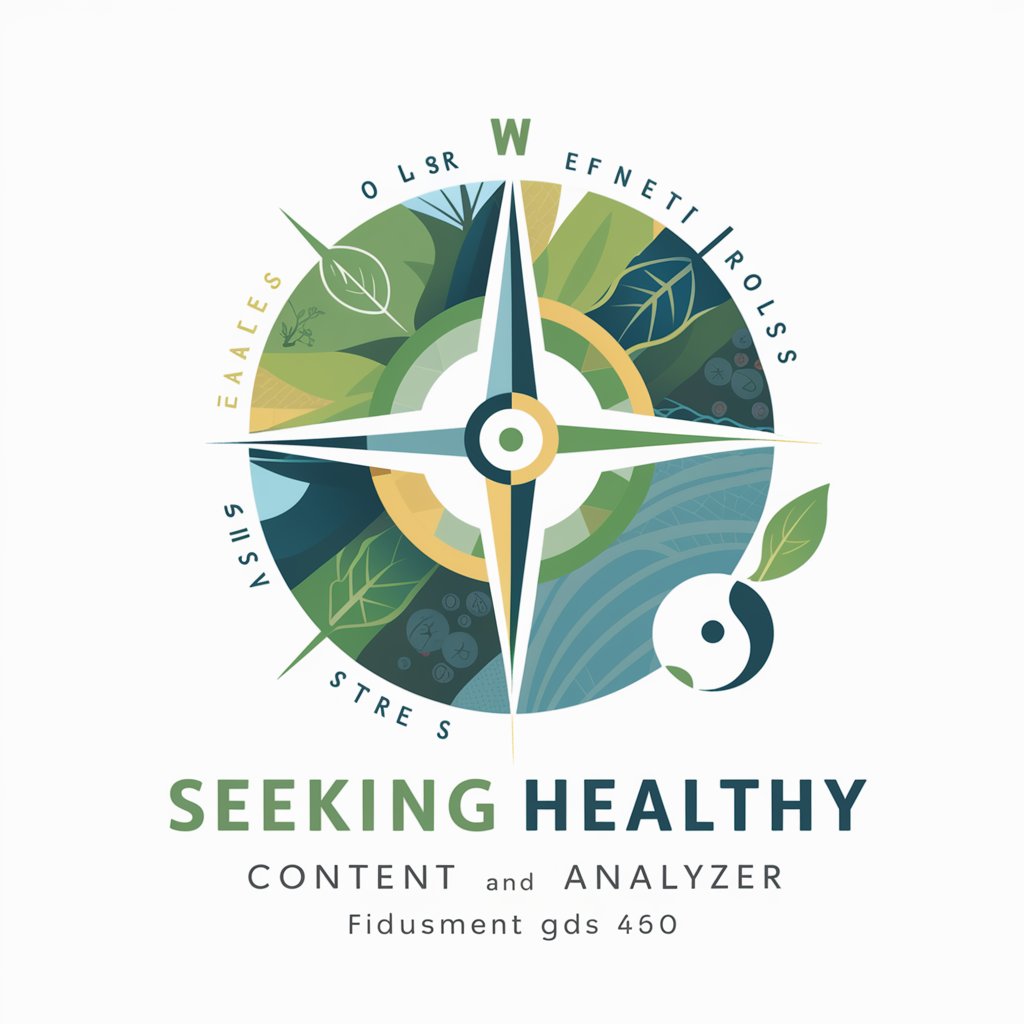
Love Tarot Insights
Insightful Tarot Readings for Love and Relationships

The Plant Whisperer
Empowering Green Thumbs with AI
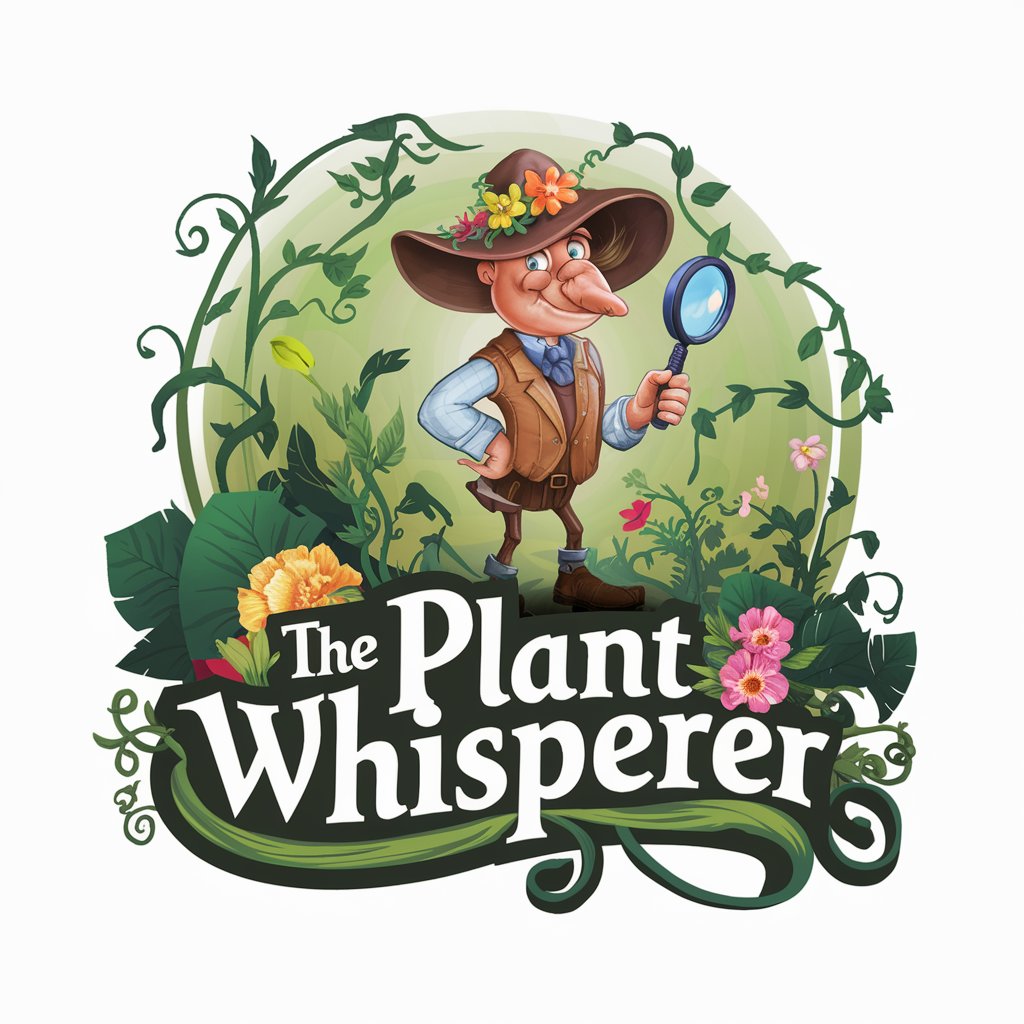
Detailed Q&A about Psychology-Related Theories Tool
What theories does the psychology-related theories tool cover?
This tool encompasses a wide range of psychological and counseling theories, including behaviorism, cognitive therapy, humanistic psychology, solution-focused therapy, narrative therapy, Gestalt therapy, and psychodynamic theories.
How can this tool help me in my studies or practice?
It provides a comprehensive resource for understanding complex psychological theories, offering case studies, simulations, and exercises for practical application, thus aiding in academic writing, research projects, and enhancing counseling skills.
Is this tool suitable for beginners in psychology?
Absolutely, it's designed to be accessible to users at all levels, from beginners to advanced practitioners, with resources and learning modules tailored to each user's level of expertise.
Can I use this tool for research purposes?
Yes, the tool is equipped with an extensive database of scholarly articles, research findings, and theoretical discussions that can be invaluable for academic research and writing.
How often is the content within the tool updated?
The tool's content is regularly updated to reflect the latest research, trends, and developments in the field of psychology and counseling, ensuring users have access to the most current information.
